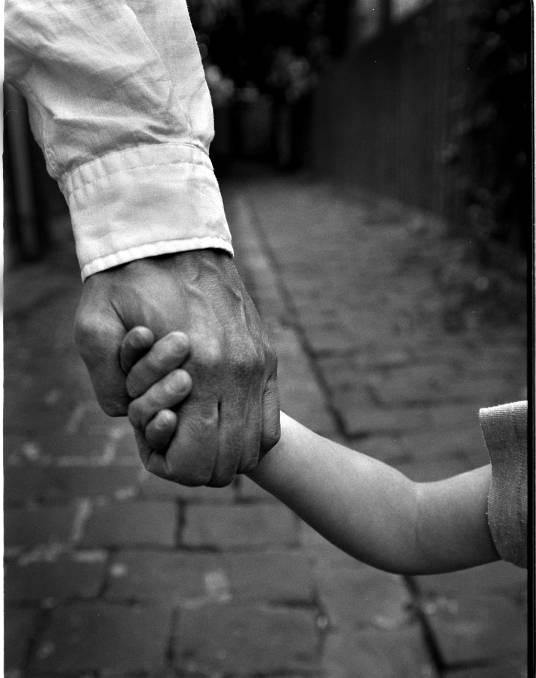|
Time to include children in conversation
Newcastle Herald
If a nation’s greatness is gauged by how it treats its weakest members, then its morality must also be gauged on how it treats its most innocent. And, if we are to use barometers such as the royal commission and exposure of extreme disciplinary measures at the Don Dale detention centre in the Northern Territory, then we, as a country, have failed. And we continue to fail. However, is the very public disclosure of abuse doing more than just exposing our deep-seated wrongdoings and failings? Is the fact that we are being forced to watch on as the undeniably horrific truth is laid bare in front of us, and not be given a chance to look away like we had conveniently done in the past, helping to build momentum for real change about how we deal with our youngest and most vulnerable? The chair of the Royal Commission into Institutional Responses into Child Sexual Abuse, Justice Peter McClellan, believes so. In a speech to the Association of Children’s Welfare Agencies Conference on Monday, Justice McClellan says that the “societal norm that children should be seen but not heard” has given way to allow children to fill active roles in that change. He quotes some figures from the commission, including that the case study into the Maitland-Newcastle Catholic diocese beginning this week will be its 43rd public hearing, that it had involved about 5500 survivors and referred over 1600 matters to authorities and over 60 prosecutions commenced as a result of referrals. Other figures include charity Bravehearts reporting that the 375 people it trained in 2010-11 in how to better identify and respond to child sexual abuse and other harm had spiked to 3127 people in 2014-15 – an undeniably ripple effect from the commission. But his remarks on inclusion are possibly his most important. In part, Justice McClellan says: “taking children seriously and allowing them to participate in decisions that affect them is an important element of what makes an institution child-safe’’. Of course, he is correct. As a society, we have historically and pretentiously believed we simply knew best. But we failed to acknowledge that by including our children in the discussion, we can also empower them. And by doing so, we can also significantly reduce the stigma felt by our most vulnerable victims.
|
.
Any original material on these pages is copyright © BishopAccountability.org 2004. Reproduce freely with attribution.
